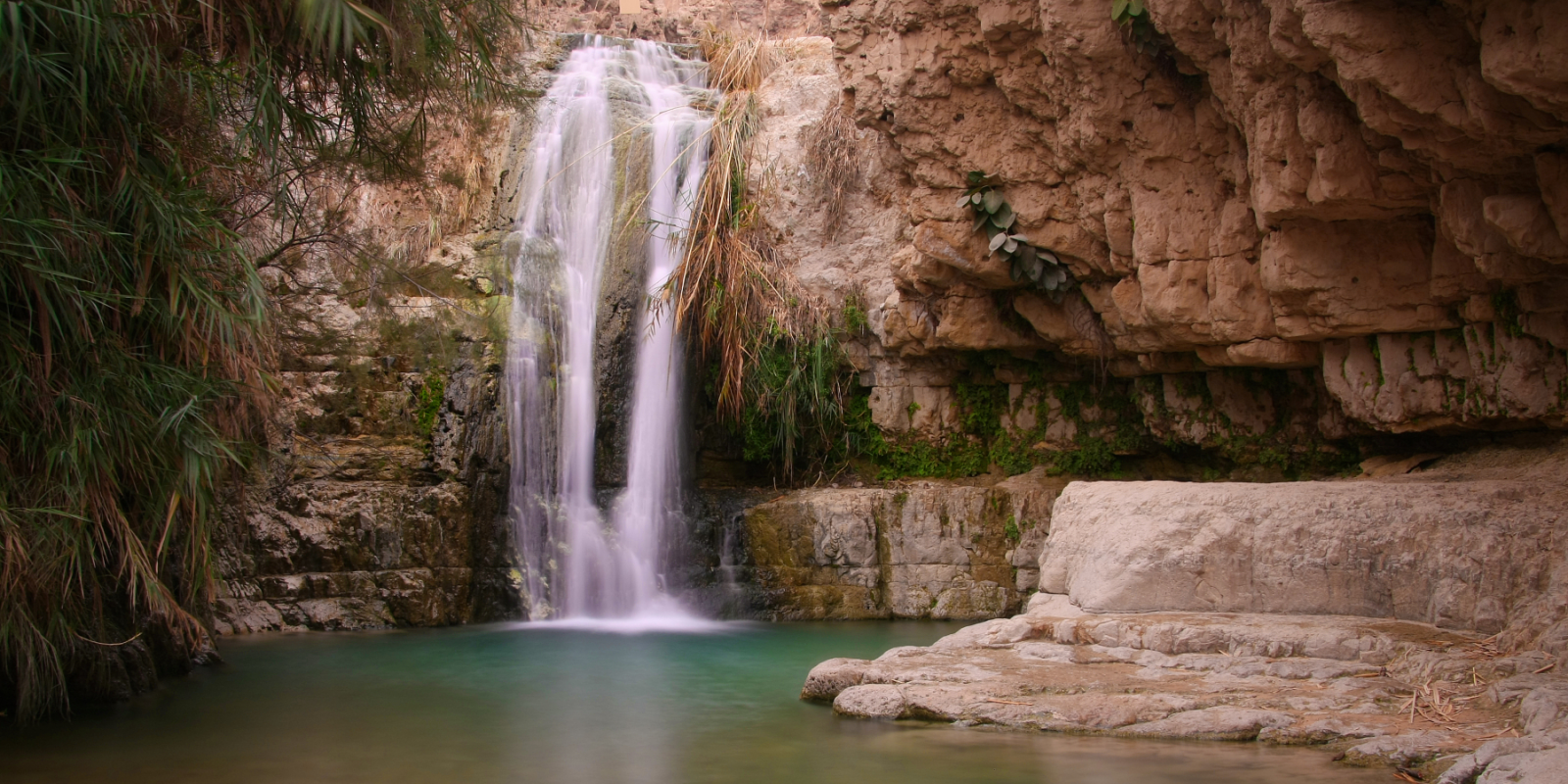Author’s note: What follows is a vulnerable account of my personal experience. I recognize that this topic draws a lot of strong feelings and opinions, and I hope that it reads as the personal narrative it was intended to be.
As an Israeli immigrant to America, I have spent quite a bit of time thinking about how I differ from my peers. Many times, it was cultural: we have Friday night dinners, while Americans have Sunday lunch. We have Purim, while Americans have Halloween.
But some characteristics cannot be compared, the result of being from a country with a complex history. There are some things to which my American peers can never relate—like living through the Gulf War, and at age 4 doing gas mask drills and running to the Mamad (reinforced room) at any time of the day. Those are things only my Israeli friends know.
Another intangible is the feeling of unity, of oneness, with all other Israelis. It doesn’t matter which city you are from, where you grew up, or what you do for work. All Israelis feel like one family. Israel is so small that it seems as if everyone knows everyone else. Or we are connected through a neighbor, a classmate, a sibling.
‘We all share the same feeling of family, each of us doing our part to protect our heritage and homeland.’
In Israel, too, all of our children serve in the Israeli Defense Forces after high school, tasked with keeping our country and its citizens safe. While I grew up in America and went straight to college, where I adopted the role of explainer, representative, and PR person for my nation and religion, my peers in Israel took on military roles with life-or-death consequences. And yet we all share the same feeling of family, each of us doing our part to protect our heritage and homeland.
I cannot accurately express my feelings about the massacre that took place Oct. 7. Every Israeli, whether in Israel or in the diaspora, felt it to their core. As a mother of an 18-month-old, I am haunted by the stories and images that emerged from that day. Every time my son cries I am triggered. Every time I rock him to sleep, I cry for the mothers who no longer have babies, and the babies who no longer have mothers.
One day while cleaning my son’s room the anguish that had been frozen seeped out of me in sobs, tempered only because I did not wish to alarm the neighbors.
This is what it’s like for me as an Israeli mother in America right now.
‘I think, too, of Palestinian mothers who are burying their children.’
We hear daily the news of soldiers killed in battle. Most of them young, 19 or 20 years old. These were someone’s son, someone’s brother, someone’s friend. These were OUR sons, OUR brothers, OUR friends. I look at my son and think, “this is how their mothers looked at them once, as toddlers.” And I cry, mourning the loss of those so far away, yet so close to our hearts.
This is what it’s like for me as an Israeli mother in America right now.
I think, too, of Palestinian mothers who are burying their children. Their suffering and my suffering exist in tandem. We are all part of the tapestry of this ancient land, and I worry and cry for them, too. My trauma as an Israeli mother exists alongside their anguish. The weight of their loss, fear, and sadness is heavy on my heart. This is a mother’s war.
This is what it’s like for me as an Israeli mother in America right now.
In America we may not be running to safe rooms to escape rockets. We may not be sending our husbands and sons off to war. But Israeli mothers in America are fighting on the frontlines on social media, combating the worst as people (some of whom we thought of as friends) share posts promoting the destruction of our homeland, and anti-Semitic words that have led to an increase in anti-Semitic actions.
We fight to keep things normal for our families and in the workplace, as our hearts are shattered. We frantically look at lists of those killed in action or murdered, praying we don’t see the names of someone we know. But we do. Because all of Israel knows all of Israel.
And so I educate on social media. And I worry. I constantly worry. For myself, for our sons and daughters, for Palestinian sons and daughters.
This is what it’s like for me as an Israeli mother in America right now.
Adi Goldstein is ASA’s senior operations and growth manager.
The views expressed in this article are solely that of the author and do not necessarily reflect the views of the American Society on Aging or our partners and supporters.
Photo caption: The David Waterfalls, in En Gedi reservation, The Negrev, Israel.
Photo credit: Shutterstock/Itay.G













